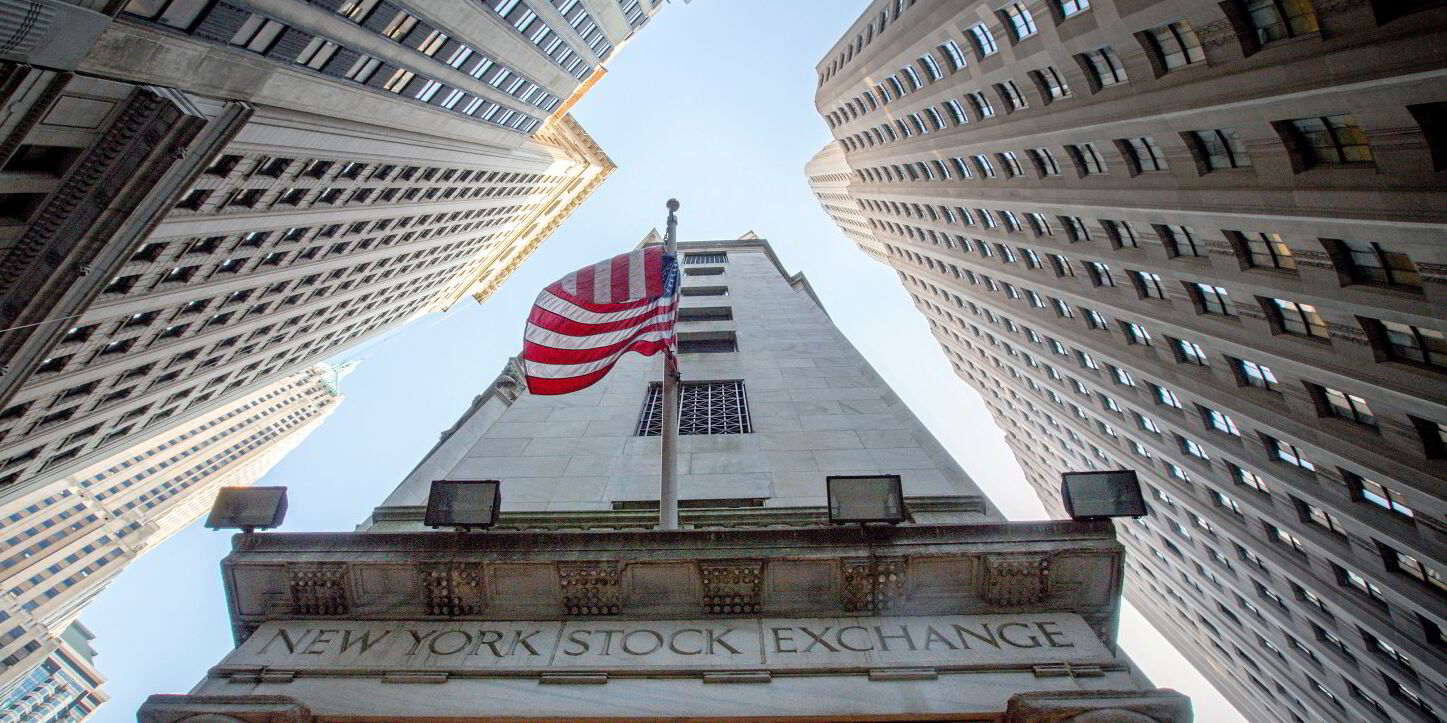Delta Corp Holding has axed its plan to gain a listing on the Nasdaq stock exchange by undertaking a reverse merger with a coffee roasting company.
Nasdaq-listed Coffee Holding has terminated the merger and share exchange agreement it signed with the bulker operator and energy logistics group, according to a filing made with the US Securities & Exchange Commission on Monday.
The agreement was signed in September 2022 between Coffee Holding, the Cayman Islands-registered entity Delta Corp Holdings Limited — which was to “survive” the merger — and another Delta entity of the same name registered in London.
But, after almost two years, the reverse merger has failed to materialise.
Coffee Holding’s shareholders voted in April to postpone a vote on the merger and responded warmly to the news that the merger had been axed — the share price surged by almost 9% during the morning’s trading in New York.
“After almost two years of attempting to get our previously announced merger with Delta over the finish line, and as the shareholder vote from April to approve the merger proved unsuccessful, the board of directors has elected to terminate the merger agreement and move forward as an independent company,” Coffee Holding chief executive Andrew Gordon said on Monday.
“It is the board’s belief that as an independent company, if we can execute our renewed growth strategy, we will be able to create the shareholder value that has eluded us recently.”
It seems that Coffee Holding, which has been operating as a going concern, does not need the deal anymore.
Gordon said the firm has paid down debt, scored new business and has extended a credit agreement with its existing lender, leaving its balance sheet in much stronger shape than in previous years.
Coffee Holding’s common stock would have been cancelled in exchange for shares in the merged entity worth $31.5m.
Shareholders in Delta would receive stock worth about $625m in the post-merger company, implying an estimated diluted value of about $5.50 per share.
TradeWinds has contacted Delta for comment on where this leaves the company’s hopes for a public listing.
The long wait
Reverse mergers are usually favoured for the speed with which companies are able to list their securities on stock exchanges.
Late last year, sources close to the company assured TradeWinds that merger would be completed by the end of 2023 but this did not transpire.
The source said the delays stemmed from an audit of Delta’s African subsidiaries, which took a long time complete.
Delta runs a network of fuelling stations in Kenya, Tanzania, Uganda and Rwanda, plus a lubricant production and distribution facility in Nigeria.
The merger transaction was based on an implied initial equity value of about $625m for the Cayman-registered Delta Corp Holdings, according to the prospectus filed in 2022.
Delta’s pro-forma enterprise value is $679.7m, which includes cash, debt and minority interest in addition to the equity value, according to the document.
The Cayman entity recorded revenue of $621.1m for 2022, but Delta had huge outgoings of $584.5m, booked as “cost of revenue”.
This meant that net profit for the year was comparatively small at just $28m, according to the merger prospectus.
Bunker team quits
The failure of the merger is another blow for Delta Corp, which suffered a staff walkout in Rotterdam in May.
Five of its bunker team in the city left to form bunker supplier Verde Marine Energy, which is backed by Dutch shipping group Vertom.
The team is led by Joe Tierney, who had been head of physical bunker trading in the Amsterdam-Rotterdam-Antwerp (ARA) port area for Delta Energy Fuel Supply & Trading.
He was joined by Laurens Flipse, who had been Delta’s head of ARA physical operations, senior trader Sumesh Ramadasan, risk and compliance officer Pushkar Nasikkar and operations officer Kevin Lima. All hold the same positions at Verde.
Delta Corp originated as a bulker operator after about 20 key staff — including chief executive Mudit Paliwal — resigned from Norvic Shipping in 2019.
Since then, the group’s activities have expanded to cover the entire supply chain for dry bulk cargoes, from transshipment to port logistics, ocean transportation, warehousing and delivery to receivers.
The bulker and freight trading division typically operates a fleet of 40 to 50 vessels at any one time, mainly supramaxes within the Atlantic although the firm is building its panamax presence.
Its energy logistics business comprises marine bunkering, land-based fuel supply, lubricant supply and distribution, biofuel supply, trading of carbon credits, plus credit and risk management via its hedging activities.
Delta is also an asset manager in offshore energy and maritime sectors with services comprising technical management, performance monitoring, crewing, plus newbuildings and project supervision. It has 24 vessels under its management, most of which are offshore support vessels.






